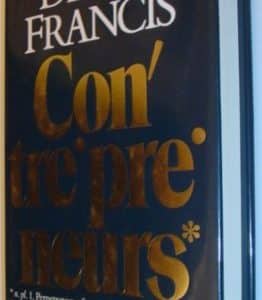Description
pp. x 305.”In May 2004, the European Union will add ten new member states-including Poland, the Czech Republic, and Hungary, among others-to become a union of twenty-five nations. While this might seem a fairly innocuous and minute shift of political semantics for most Americans, the enlargement will increase the population of the EU to 450 million citizens, making it larger (in population) and richer (in GDP) than the United States-not to mention that the EU has more trade than the United States and more votes on the UN Security Council and all other international organizations. This New Europe is determined to flex its political and economic muscle on the world stage. The Continent has moved much further than most Americans realize toward the dream of a “United States of Europe,” to borrow Winston Churchill’s term.
T. R. Reid’s The United States of Europe lays bare the ways in which the EU is positioning itself to be a global counterweight and second superpower, on equal footing with the U.S.A. Reid traces the rise of the EU from the days when Churchill and other visionaries set out in the post-World War II rubble to find a means to end war in Europe. He shows how this remarkably successful effort to “create peace” also created a global economic and political power that is often at odds with the United States. This drive toward unity has been accelerated by the powerful mood of anti-Americanism (or, at least, anti-Bushism) that has swept the Continent since the war in Iraq.
In addition to the political ramifications of the EU, The United States of Europe shows the great impact this alliance is having on the global economic market. The euro, which now has more daily users than the dollar, is fast becoming a reserve currency and a new standard for global finance, a globally recognized replacement for the once-almighty dollar. Unification has spawned a generation of European corporate managers who have led firms like Nokia, Airbus, BP, Vodafone, and Red Bull to catch and surpass their U.S. competitors in global markets.
The European Union, from its beginnings as an experiment in statecraft, has rapidly emerged as a resounding success; yet Americans have so far managed to ignore the geopolitical revolution under way across the Atlantic. Reid’s book shows how quietly-and not so quietly-Europe is developing itself into an economic, political, and cultural powerhouse.”






